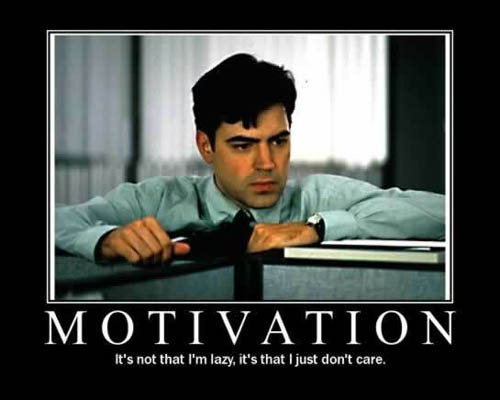Culture
Community is about collections of people with something in common (geography, interests, etc) and the connections between them, where as culture is about the beliefs, values and behaviours of a collection of people. I’ve spent a lot of time thinking about the former, but not nearly as much considering the latter. It’s probably natural, there’s no culture to think about without community.
But I think some of that’s because the idea of even talking about “culture” makes me think of stereotypical upper management in large firms, and those motivational posters that are popular in cubicle farms.

Culture is so important. Bad culture can lead to negative outcomes and good culture can lead to positive outcomes.
Nepotism is a characteristic of bad culture in the long term – generally speaking you’re going to get suboptimal returns as the wrong people are in the wrong places for the wrong reasons. The same goes for favouritism and cronyism.
Honesty is a characteristic of good culture in the long term – generally speaking you’re going to optimize returns as people have better information with which to reason and make decisions.
For me, good culture is about improving outcomes through win-win scenarios and non-zero sum games, and values are the more situational and fluid rules that promote this goal.
Some values, like rejecting nepotism in favour of meritocracy, aren’t as deep as others, and are more fluid, in that they aren’t always necessary to improve outcomes for everyone (e.g. handing down the family restaurant to the new generation – who really loses with that form of nepotism?).
Other values like honesty are much more deep and less fluid than others, in that they are almost always necessary to improve outcomes.
What are the goals and values that guide a community? What about the tech community more broadly speaking? What about the local tech community?
How are those goals and values formed? Are the goals and values out there already, and we only discover them? Or do people get to form goals and values? If so, who gets to form these goals and values? Is there a right set of goals and values to form? What should they be? Why? What makes them the right?
